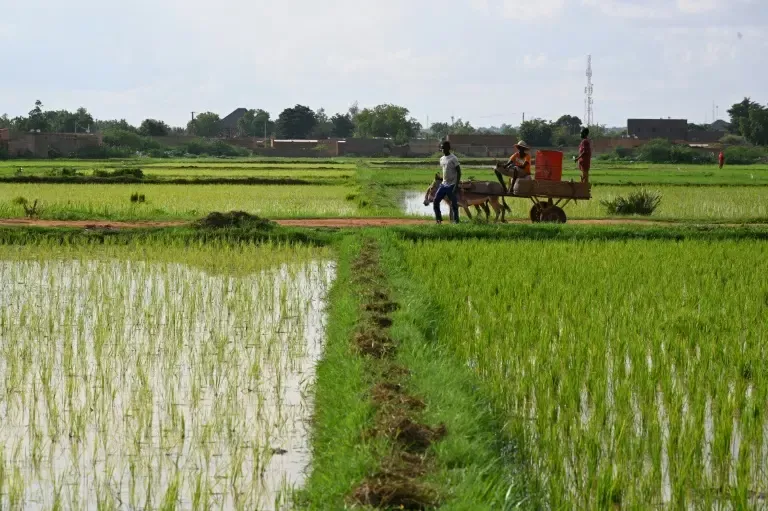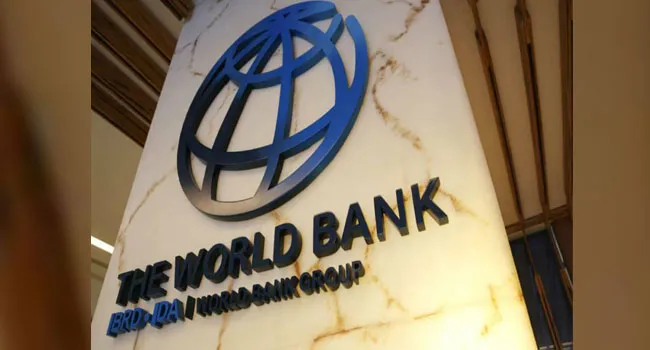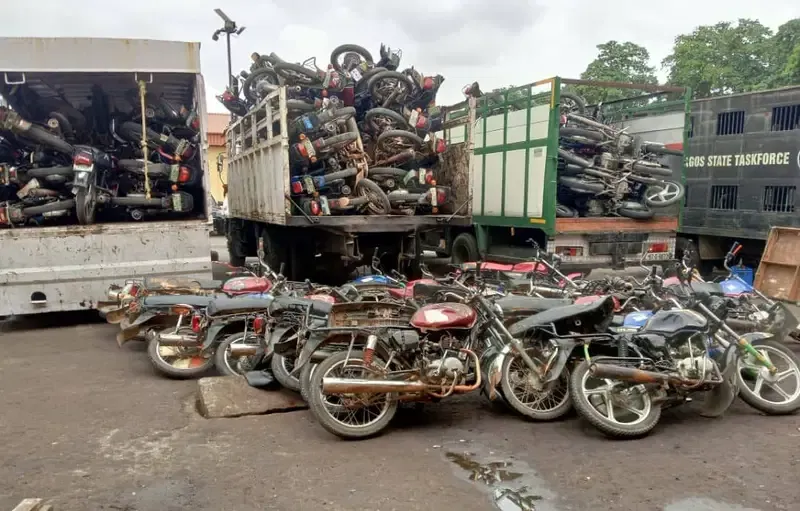Niger’s military government has banned the export of rice, cereals, and other essential food items to countries, except for Burkina Faso and Mali, in a bid to safeguard domestic supply amid rising inflation. The decision, announced on Wednesday, aims to make mass-consumption goods more accessible to the local population.
The banned exports include legumes like cowpeas and cereals such as millet, sorghum, and corn. However, the restrictions do not apply to Niger’s allied neighbors, Burkina Faso and Mali, both of which are also led by military juntas.
The government warned that violators of the ban would face severe penalties, including the seizure of shipments and potential criminal charges.
Niger, a crucial supplier of cereals to neighboring regions, has faced disrupted supplies and rising prices due to sanctions imposed by ECOWAS following the military coup in July 2023. While the sanctions were lifted in February, inflation on products like rice has remained high. The closure of the Niger-Benin border has also contributed to market disruptions.
To address the ongoing food crisis, Niger’s agriculture ministry plans to purchase part of the local harvest to bolster the country’s emergency reserves. Despite major flooding across the country this rainy season, which has displaced 1.5 million people and claimed 339 lives, the ministry remains hopeful for a successful harvest.
In a related development, Niger’s government has announced a 35% reduction in cement prices to aid those affected by the floods in rebuilding their homes. Scientists have long attributed the increased frequency and intensity of such extreme weather events to climate change.





